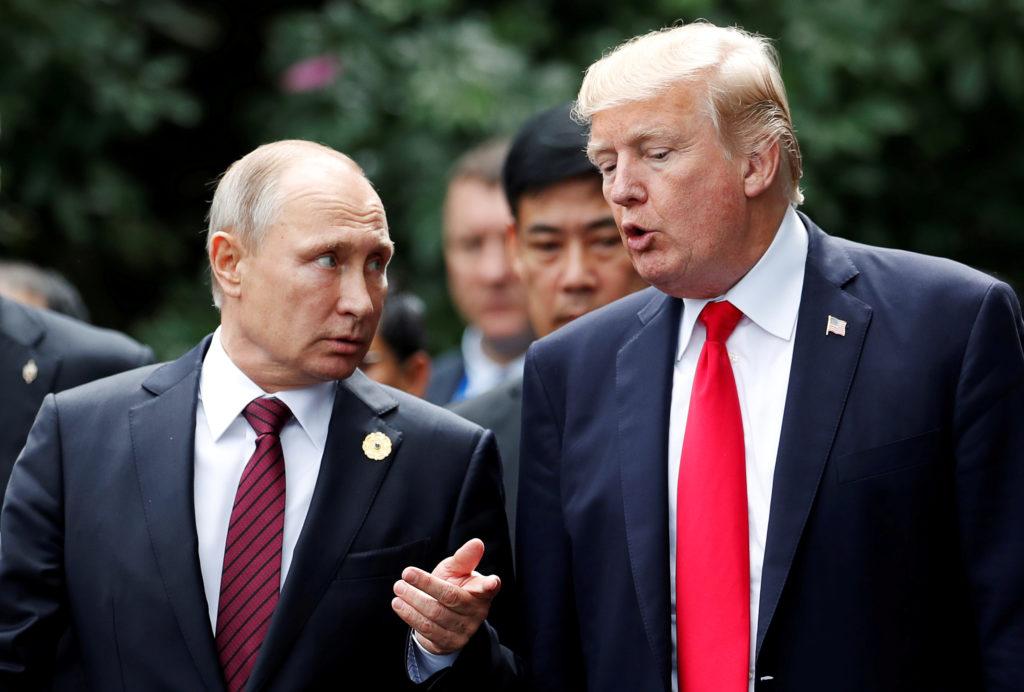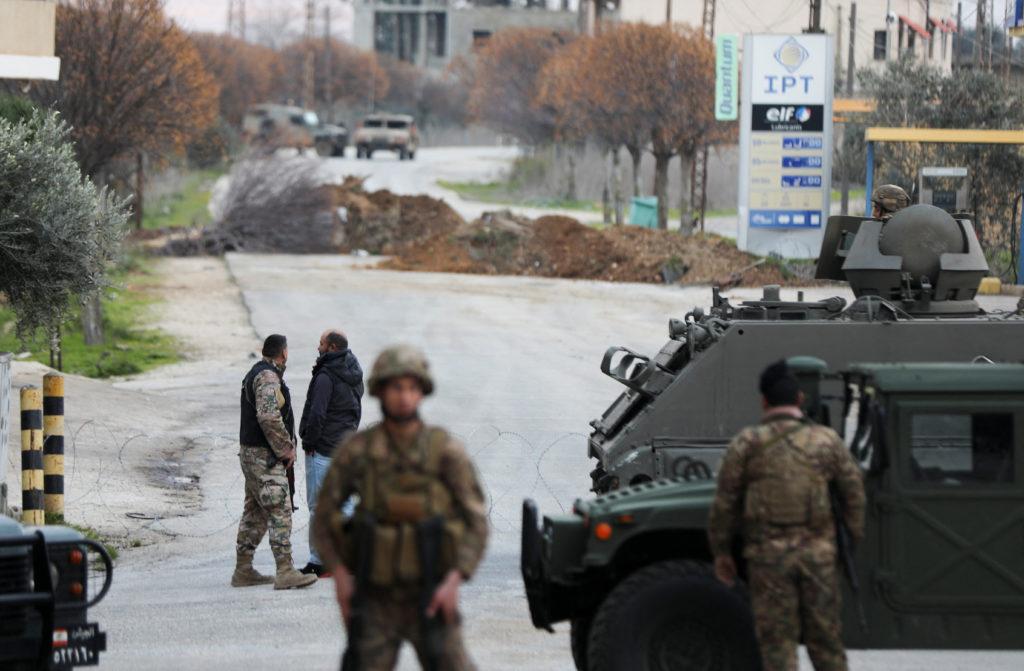In the intricate tapestry of geopolitical tensions, the narrative of China and Taiwan unfolds like a complex chess game where ancient claims and territorial assertions become the pawns of a decades-long dispute. As Beijing boldly asserts that “invasion” is a misnomer when discussing territory it considers inherently its own, the international community finds itself caught in the crossfire of competing historical interpretations and political ambitions. This delicate dance of sovereignty challenges conventional diplomatic discourse, casting a spotlight on the nuanced and volatile relationship between two entities whose intertwined destinies continue to captivate and challenge global understanding. The longstanding geopolitical tension between China and Taiwan has reached a new crescendo, with Beijing asserting its historical claim over the island through a provocative linguistic and diplomatic maneuver. By arguing that invasion is impossible on territory already considered inherently Chinese, the Chinese government has escalated rhetorical pressure on Taiwan’s sovereignty.
Recent diplomatic exchanges highlight the complex narrative surrounding Taiwan’s status. Chinese officials consistently reiterate that Taiwan is an “inalienable” part of mainland China, rejecting international perspectives that view the region as a separate political entity. This stance challenges decades of nuanced diplomatic engagement and challenges the island’s de facto independence.
Historical context reveals a multifaceted relationship rooted in complex political transformations.After the Chinese Civil War concluded in 1949, the Kuomintang government retreated to Taiwan, establishing a separate administrative region while maintaining claims of representing “true” Chinese governance. Beijing’s perspective fundamentally rejects this narrative, insisting on reunification through various means.
Diplomatic tensions have intensified with increased military posturing. Chinese military exercises near Taiwan’s maritime boundaries and repeated aerial incursions into Taiwan’s air defense identification zone demonstrate escalating pressure. These actions serve as a calculated strategy to assert territorial claims and test international response mechanisms.
International observers note the sophisticated propaganda approach employed by Chinese authorities. By reframing the potential military action as a “reunification” rather than an invasion, Beijing attempts to legitimize its territorial ambitions while manipulating linguistic perceptions.Taiwan’s government has consistently pushed back against these claims, emphasizing its democratic governance, self-reliant political system, and distinct cultural identity. The island’s robust democratic institutions and vibrant civil society stand in sharp contrast to mainland China’s authoritarian model.
Geopolitical analysts suggest that the rhetorical strategy reflects broader strategic objectives. Beyond territorial claims, Beijing aims to challenge international narratives and demonstrate its growing geopolitical influence. The linguistic nuance of “not invading” represents a calculated diplomatic maneuver designed to reshape global perceptions.
The international community remains divided, with some nations maintaining strategic ambiguity while others explicitly support Taiwan’s right to self-determination. This complex diplomatic landscape continues to evolve, with each statement and military movement potentially shifting the delicate balance of power in the region.As tensions persist,the world watches closely,recognizing that the China-Taiwan relationship represents more than a bilateral dispute—it symbolizes broader geopolitical dynamics shaping 21st-century international relations.






